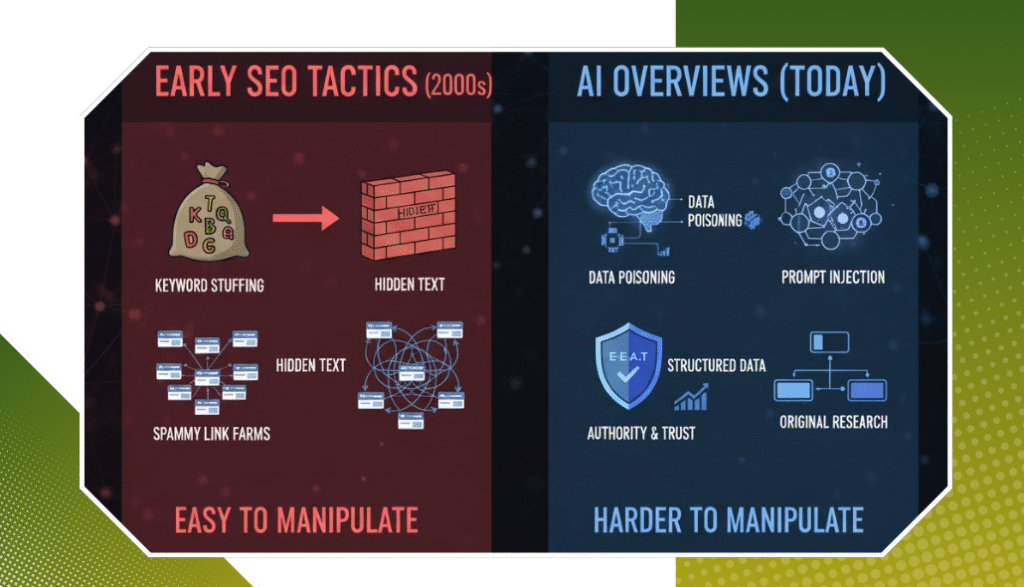Understanding Personalised Content Marketing
Personalised content marketing refers to creating customised messages and experiences based on the distinct needs and preferences of the target audience. In the pharmaceutical industry, this means delivering relevant information to HCPs and patients in a way that feels tailored to them. The goal is to enhance engagement, build trust, and ultimately drive better health outcomes.
Why Personalisation Matters?
In today’s fast-paced digital world, consumers are inundated with information. Personalised content cuts through the noise by providing relevant and meaningful interactions. For the pharmaceutical industry, personalisation is crucial for several reasons:
- Improved Engagement: Customised work is more likely to grab attention and encourage interaction.
- Enhanced Trust: When consumers receive information that meets their specific needs, they are more likely to trust the brand.
- Higher Conversion Rates: Personalised marketing efforts can lead to increased conversions as messages resonate better with the audience.
The Benefits of Personalised Content Marketing in Pharma
Personalised content marketing offers numerous benefits for pharmaceutical companies looking to connect with HCPs and patients:
1. Better Targeting of Healthcare Professionals
Pharmaceutical companies can use data analytics to understand the preferences and behaviours of HCPs. This allows for targeted messaging that speaks directly to their needs.
- Data-Driven Insights: By analysing prescribing behaviours and interaction histories, companies can tailor their communications effectively.
- Multi-Channel Approach: Reaching HCPs through their preferred channels increases the likelihood of engagement.
2. Enhanced Patient Education
Patients often seek specific information about their conditions and treatments. Personalised content helps educate them effectively.
- Relevant Information: Providing tailored educational materials ensures patients receive information that is pertinent to their health concerns.
- Empowerment: When patients have access to relevant information, they feel more empowered to make informed decisions about their health.
3. Increased Brand Loyalty
Personalised experiences foster a sense of loyalty among consumers. When brands consistently deliver relevant content, customers are more likely to remain loyal.
- Trust Building: Consistent, personalised interactions help build trust over time.
- Long-Term Relationships: Engaging customers through tailored content encourages long-term relationships between brands and consumers.
Strategies for Implementing Personalised Content Marketing
To harness the power of personalised content marketing, pharmaceutical companies can adopt several strategies:
1. Leverage Data Analytics
Data analytics plays an essential function in understanding audience preferences. By collecting and analysing data from various sources, companies can acquire valuable insights into their target audience.
- Customer Segmentation: Segmenting audiences based on demographics, behaviours, and preferences allows for more targeted messaging.
- Real-Time Insights: Utilising real-time analytics enables companies to adapt their strategies quickly based on audience responses.
2. Create Buyer Personas
Developing detailed buyer personas helps pharmaceutical companies understand their target audience better. These personas should have demographic information as well as psychographic details such as interests and pain points.
- Tailored Messaging: With clear buyer personas, companies can craft messages that resonate with specific segments.
- Focused Campaigns: Campaigns can be created around the unique needs of each persona, increasing relevance.
3. Utilise Multi-Channel Marketing
Different audience segments may prefer different communication channels. A multi-channel approach ensures that personalised content reaches consumers where they are most active.
- Digital Platforms: Use social media, email marketing, and websites to deliver tailored messages.
- Traditional Media: Don’t overlook traditional media channels; they can also be effective for certain segments.
4. Implement Omnichannel Experiences
An omnichannel system provides a seamless experience across various platforms. This means that consumers can engage with content through multiple touchpoints without losing context.
- Consistent Messaging: Ensure that messaging is consistent across all channels while still being personalised.
- Integrated Campaigns: Create campaigns that span digital and traditional media for a comprehensive reach.
5. Focus on Educational Content
Educational content is particularly valuable in the pharmaceutical industry. Providing informative resources helps build trust and authority while addressing consumer needs.
- Webinars and Workshops: Host online events that educate HCPs and patients about specific conditions or treatments.
- Informative Articles: Create blog posts or articles that provide invaluable insights into health topics relevant to your audience.
Challenges of Personalised Content Marketing
While personalised content marketing offers significant advantages, there are challenges that pharmaceutical companies must navigate:
1. Data Privacy Concerns
With increasing scrutiny around data privacy, it’s essential for pharmaceutical companies to handle consumer data responsibly. Transparency about how data is used builds trust with consumers.
- Compliance with Regulations: Stick to regulations such as GDPR when collecting and using consumer data.
- Clear Communication: Clearly communicate privacy policies to consumers to alleviate concerns about data usage.
2. Balancing Personalisation with Privacy
Finding the right proportion between personalisation and privacy is crucial. Companies must ensure they respect consumer privacy while still delivering relevant content.
- Opt-In Strategies: Allow consumers to opt-in for personalised communications based on their preferences.
- Respect Consumer Choices: Always respect consumer choices regarding data sharing and personalisation options.
Measuring Success in Personalised Content Marketing
To determine the effectiveness of personalised content marketing efforts, companies should track key performance indicators (KPIs):
- Engagement Metrics: Monitoring attention metrics such as click-through rates (CTR), likes, shares, and comments provide insights into how well content echoes with the audience.
- Conversion Rates: Track conversion rates from campaigns to measure how many consumers take desired actions after engaging with personalised content.
- Customer Feedback: Gathering feedback from HCPs and patients helps refine understanding of their needs over time. Surveys or direct feedback mechanisms can provide valuable insights into consumer satisfaction.
Conclusion
The power of personalised content marketing cannot be underestimated in the Australian pharmaceutical industry. By leveraging data analytics, creating buyer personas, utilising multi-channel approaches, and focusing on educational content, companies can connect meaningfully with HCPs and patients alike. Embracing these strategies will not only enhance engagement but also build trust & loyalty among consumers. For those looking for expert assistance in implementing effective strategies or seeking comprehensive content marketing services in Australia, it is beneficial to reach out for professional guidance. Contact Us at Rankingeek Marketing Agency for support in navigating the evolving landscape of personalised content marketing today!




